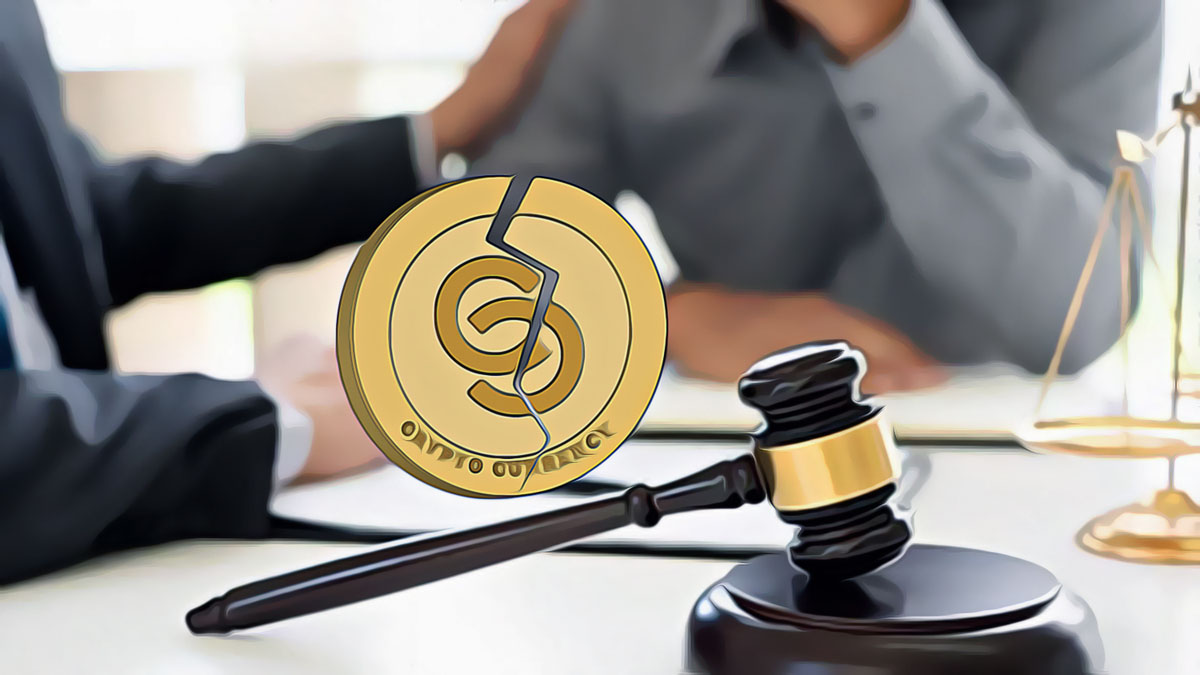The landscape of cryptocurrencies faces significant scrutiny as the U.S. Department of Justice takes action against 18 individuals and entities for alleged market manipulation. Additionally, Bitfinex is preparing to issue billions in refunds. Recent minutes from the Federal Reserve suggest a cautious approach to economic easing, prompting important dialogues, particularly involving SEC Chair Gary Gensler, who addressed pressing regulatory concerns.
What Did the SEC Chair Say About Regulations?
On October 9, Gensler engaged with law students at New York University’s Institute for Corporate Governance and Finance. During this exchange, many inquiries focused on regulations that have influenced the financial landscape for over eight decades, specifically regarding their application to cryptocurrencies.
Why Are Crypto Companies Hesitant to Register?
Gensler highlighted the Howey test from a 1946 Supreme Court ruling, which is pivotal in defining whether an asset qualifies as a security. He was challenged with the question of applying such an outdated legal framework to modern cryptocurrencies. In response, Gensler stressed the importance of adhering to existing laws that are intended to protect investors, emphasizing that individuals should retain the right to choose their investments.
Despite Gensler’s call for cryptocurrency firms to register with the SEC, many companies remain confused about the process due to vague guidance. This uncertainty has resulted in a chilling effect, where firms believe that avoiding cryptocurrency operations might be the safest route to compliance.
- SEC’s enforcement actions are escalating against cryptocurrency manipulation.
- Gensler insists on the need for regulatory adherence to protect investors.
- Unclear registration processes hinder cryptocurrency companies’ compliance efforts.
- Many industry leaders face legal repercussions or are under investigation.
Gensler’s remarks underline a crucial juncture for the cryptocurrency sector, where compliance and regulatory clarity are urgently needed to foster a safe trading environment. The ongoing tension between innovation and regulation continues to shape the future landscape of digital assets.












